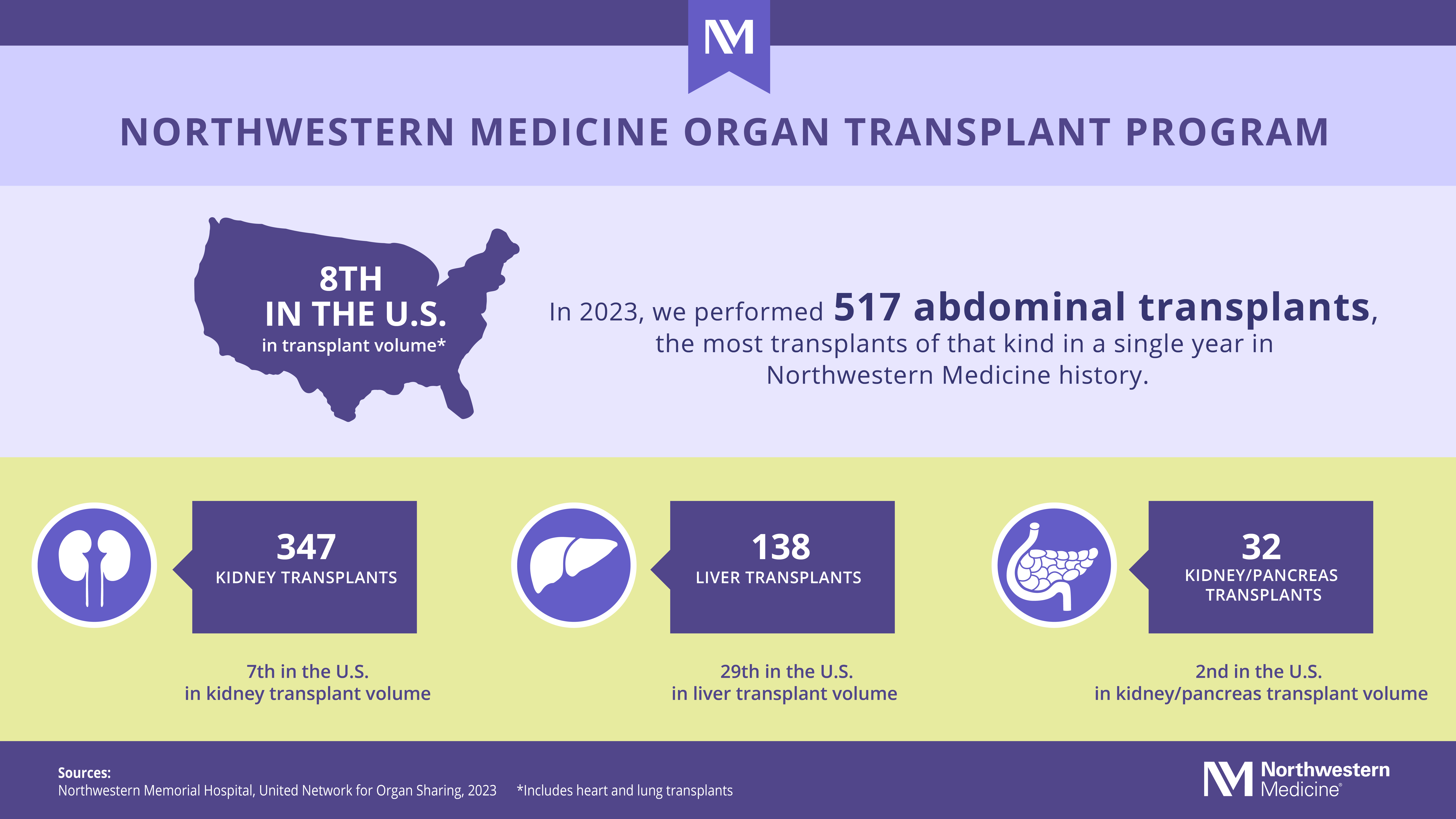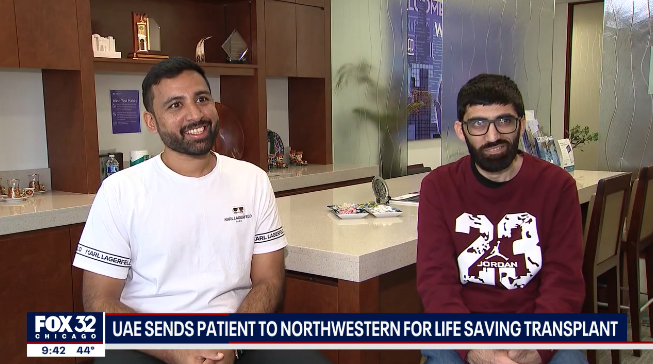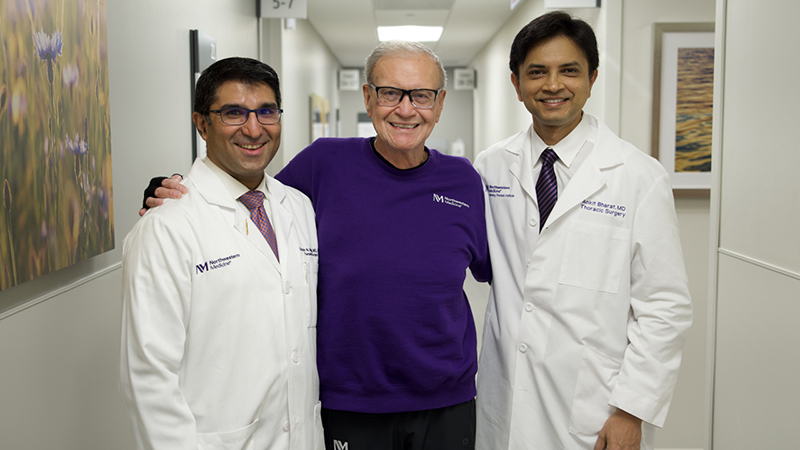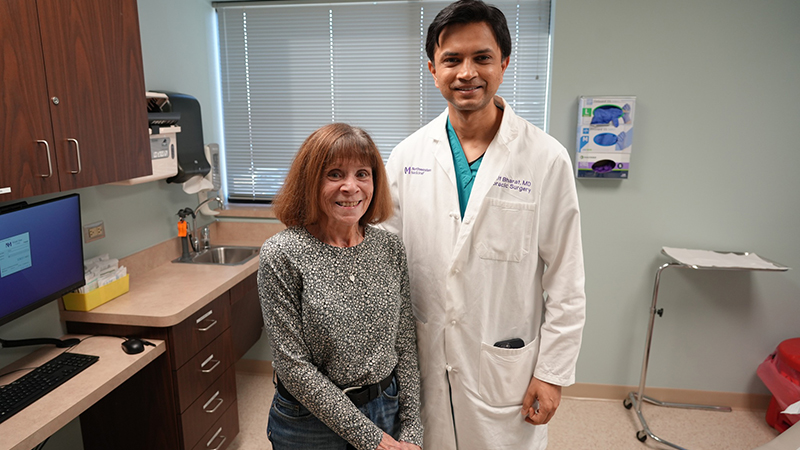Heart Transplantation
We offer leading-edge heart transplant care. Here, you’ll be at the center of a care team that includes experts and a comprehensive approach.
Call us at 312.926.0739.
Kidney Transplantation
Our team is here for every step of your care journey. We’re proud to lead in transplant care and perform more kidney transplants than anyone in Illinois and the surrounding states.
Call us at 312.695.8900.
Liver Transplantation
We’re proud to have performed over 2,500 liver transplants. This reflects our experience and our dedication to offering better care for our patients.
Call us at 312.695.8900.
Living-Donor Transplantation
Organs from living donors save lives and are linked to better outcomes. You can count on our expert team, one of the largest living-donor transplant programs in the country.
Call us at 312.695.8900.
Lung Transplant Program
A personalized approach is key to a better experience and outcomes. Our leading program offers exactly that.
Call us at 312.695.5864.
International Transplant Exchange
Breakthrough approaches and a world-class patient experience make us a global destination. No matter where you’re traveling from, we offer culturally sensitive, comprehensive care.
Call us at 312.926.1089.
Pancreas and Islet Cell Transplantation Program
We have the largest pancreas transplant program in Illinois. This enables us to offer experience, expertise and a range of resources.
Call us at 312.695.8900.
































